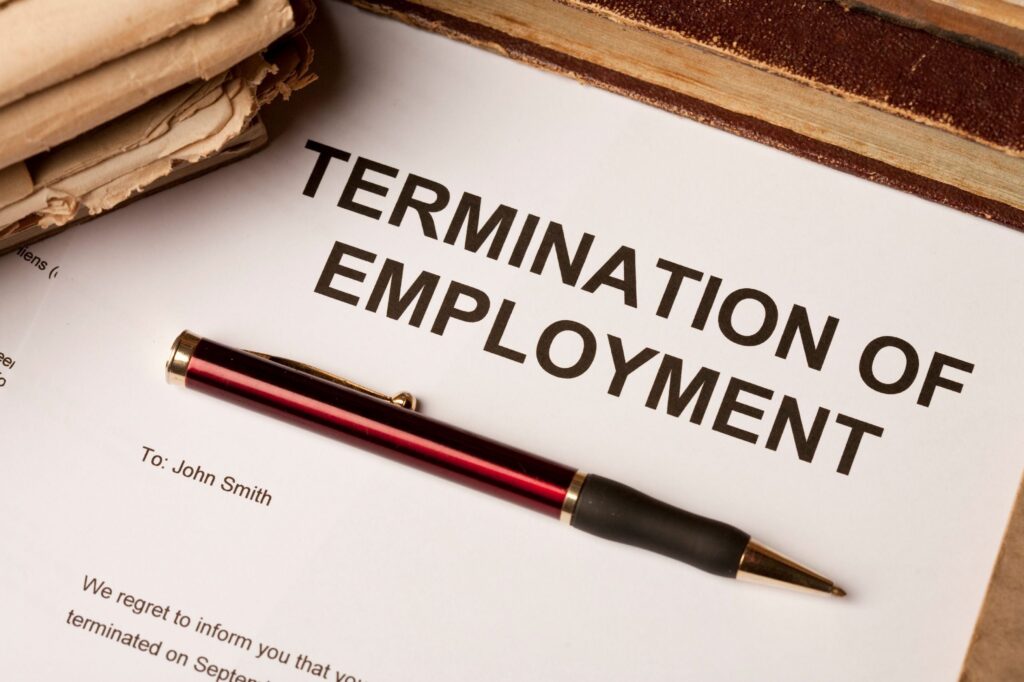Recent surveys have revealed that bullying, harassment and sexual harassment are common issues in the workplace. Conducted in several industries, the surveys uncovered the true nature of workplace harassment.
Barristers
The Council of the Bar of Ireland recently published the results of a member survey. The results indicated that discrimination, sexual harassment and bullying remain widespread amongst barristers. Notably, the vast majority of incidents were not reported. The notion that such behaviour was commonplace or acceptable was found to be behind the lack of reporting. Fear of repercussions was also a factor.
Females and young barristers submitted almost all complaints of discrimination and sexual harassment.
These findings bore a strong resemblance to the results of an International Bar Association survey. Due to the findings, the Irish Bar has called for changes within the profession. A spokesperson said the results of the survey show the need for the profession to cultivate a supportive working environment where toxic behaviour is not permitted. They also highlighted mental wellbeing as an area that could be negatively impacted.
Hospitality sector
NUI Galway’s School of Business and Economics and Whitaker Institute also conducted their own study. It examined the conditions faced by staff working in hotels, bars and restaurants.
The research revealed that 55% of staff had witnessed or experienced harassment based on sexuality, age or race. Another key finding was that 63% of respondents had experienced or witnessed bullying.
Impact of #MeToo
The #MeToo campaign began in the United States in 2017. Since then, the movement has raised awareness of issues surrounding bullying and sexual harassment. This is mirrored in the growing number of harassment complaints received by the Workplace Relations Commission between 2017 and 2019.
The WRC statistics suggest that female employees feel more able to talk about sexual harassment at work.
US research also revealed that three-quarters of women would now be more willing to speak out about sexual harassment than they had been before #MeToo.
Importance of implementing an anti-harassment policy
A Dignity at Work Policy is an essential document every business should have. It should set out clear guidelines on the behaviours expected of employees. Employers will only have a defence to a harassment or sexual harassment claim if they can prove that they took all reasonably practicable steps to:
- Prevent the person from harassing or sexually harassing the victim, or any class of persons including the victim.
- Prevent incidents of bullying, harassment and sexual harassment.
- To reverse the effects of any such treatment where it has occurred.
Case law also demonstrates that it’s important that management is trained to effectively deal with any claims that should arise.
If you would like further complementary advice on harassment from an expert, our advisors are ready to take your call. Call us on 01 886 0350 or request a callback here.








